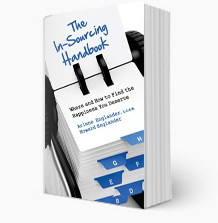If there is one common trait found in all of us it is the propensity to stay stuck in the past.
Literally thousands of articles and books have been written about this fruitless endeavor, an illusion that the carousel can go in a direction other than round and round.
I think we do it because we are prone to judge the events of our past on a scale of established societal customs labeled right and wrong, good or bad. And after the judgment comes the sentencing: often a lifetime of guilt and shame with no parole.
If we don’t put closure on the chapters of life that comprise our history regardless of how prickly they are, we have not yet learned the lessons these intervals in our life story are intended to teach us. Until we do so, we can’t turn the pages; we can’t move on. We stay stuck in yesterday, unable to walk away in peace; incapable of opening a new installment.
This much is absolute certainty: No matter how hard we try, we do not have the power to change the past!
What is within our power is the willingness to accept it, learn from it and move on.
If you feel guilty about having done something wrong it can be helpful to apologize. But know the difference between apology and amends. Apology suggests a quid pro quo. You say “I’m sorry,” and implied is the expectation that the response will be “You are forgiven.”
But you may not be forgiven! And you’re back where you started, the situation unresolved.
Making amends is different. You acknowledge your responsibility. You step forward and accept accountability for your behavior and its consequences. You’re not dependent on a second party to grant you absolution. You’re free to move on with your life.
Instead of being beset with events of the past you can set your mind to focus on the present. You’ll find yourself experiencing a new sense of clarity because when you’re in the moment, it can’t pass you by!
I like this old adage, corny but to the point: “Yesterday is history, tomorrow is a mystery, today is a gift; that’s why they call it the present!”

